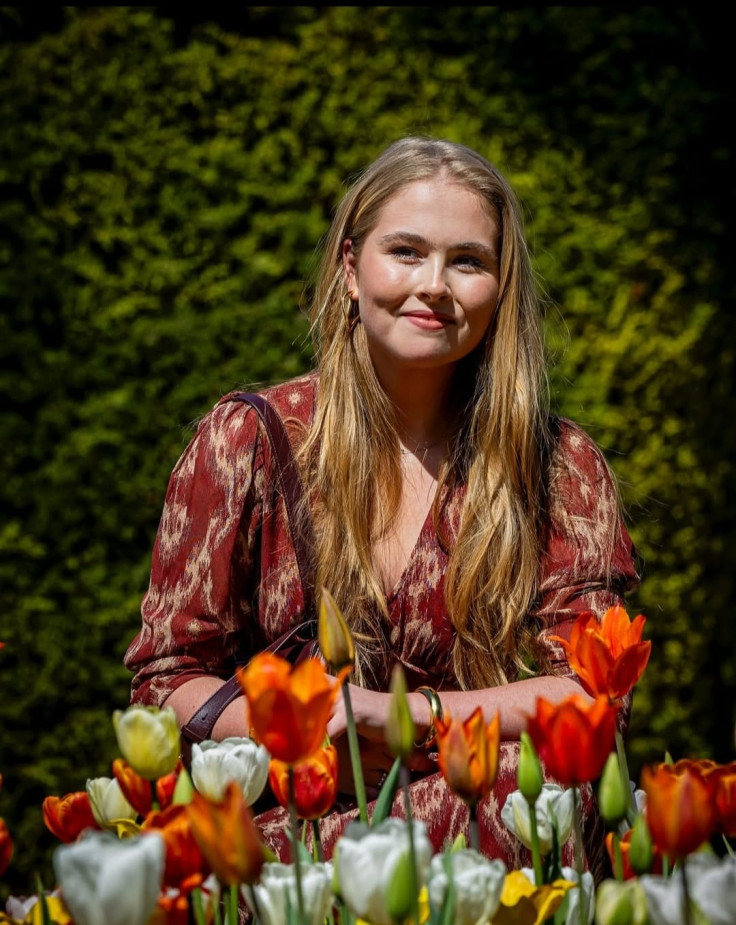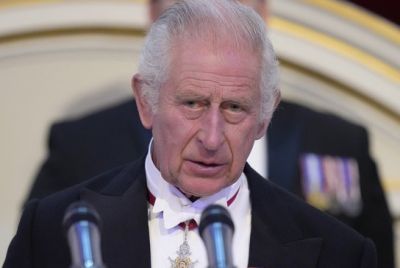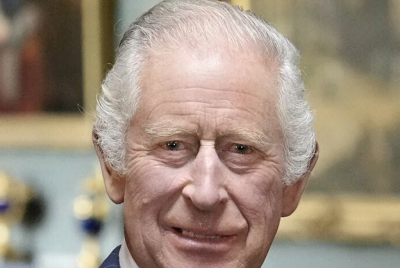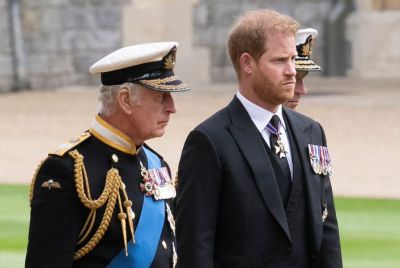The Royal Group Chat: How Europe's Gen Z Princesses Are Shaping the Future of the Monarchy
KEY POINTS
- Princesses Amalia, Elisabeth, and Ingrid Alexandra are building a modern monarchy - one message at a time.
- Royal watchers say this Gen Z trio is better prepared and are more relatable than their predecessors.
A princess's life may still include tiaras and state banquets, but for today's royal heirs, a new kind of crown is worn online, and it comes with end-to-end encryption.
HELLO! Magazine revealed this week that Europe's most prominent young royals — Princess Catharina-Amalia of the Netherlands, Princess Elisabeth of Belgium, and Princess Ingrid Alexandra of Norway — share an exclusive WhatsApp group. More than just a digital support circle, this group chat symbolises a quiet revolution redefining royal womanhood in the 21st century.
Unlike their parents' era, when alliances were forged over formal gatherings and annual retreats, this 'royal besties' bond is happening in real time, through phones, emojis, and late-night messages about privacy, pressure and public life.

'We just understand each other,' Amalia shared in a rare interview. 'We don't have to explain anything anymore. We talk about friends, social media, privacy... things that are a bit different for us.'
Gen Z Royals, Real-World Responsibilities
The trio—aged 21 to 23—have not only come of age together but have grown up under the twin spotlights of monarchy and media. Unlike the stiff royal scripts of the past, their lives blend social media fluency, global education, and grounded relatability.
All three are future heads of state. All three have been groomed quietly, often privately, for roles many believe are increasingly fragile. As Belgium's top royal expert Wim Dehandschutter notes, 'These young women know that their monarchies only survive by the consent of the people. They can't afford to seem distant.'
And so, they talk - candidly. Not just in speeches, but in WhatsApp threads. Ingrid Alexandra may have shared her decision to study in Australia. Elisabeth, currently at Harvard, likely gave advice on navigating student life abroad. All are learning the delicate dance of being seen, yet staying grounded.
Diana's Legacy, Rewired
Their digital sisterhood is more than friendship; it is a survival tool. It also echoes the legacy of the woman who helped shape the modern royal archetype: Princess Diana.
'Diana redefined what it meant to be a princess,' says Grant Harrold, former butler to King Charles. 'She was tactile, visible, emotionally expressive. That approach has filtered down to today's royal heirs—especially the young women. They can't just be royal. They have to be relevant.'
Not All Monarchies Are Equal
Yet their paths diverge. Elisabeth, the first female monarch in Belgian history, enjoys high approval ratings despite limited visibility. Her absence builds anticipation. In contrast, Spain's Princess Leonor, already a public favorite, has actively stepped into the spotlight, balancing scandal-plagued family legacy with her own grounded popularity.
The Netherlands' Amalia took a more shielded route, with parents choosing to keep her out of official duties until age 18. Norway's Ingrid Alexandra, meanwhile, gave her first speech before puberty and is now venturing overseas for academic life.
As Wim notes, 'They are all facing the same question: How do I become queen in a world that increasingly questions the monarchy itself?'
Prepared but Not Pressured
Crucially, today's kings - from Belgium's Philippe to the Netherlands' Willem-Alexander - are opting for guidance over urgency. Philippe recently told Belgians he would not abdicate early: 'My daughter needs time to grow, to develop, to enjoy her youth.'
This parental patience has led to more structured, emotionally attuned royal training—a mix of practical preparation and psychological support. Instead of formal academies, the monarchy's next leaders are educated through speeches, ceremonies, and carefully curated public outings.
But perhaps their greatest classroom is each other.
Their parents once met quietly behind palace doors. Today, their daughters sync calendars over WhatsApp, ask each other about dorm life, and swap tips on how to balance duty with dignity in a hyper-connected world.
As Wim puts it, 'There may not be a College for Future Queens—but this WhatsApp chat? That's the closest thing we've got.'
© Copyright IBTimes 2025. All rights reserved.


















